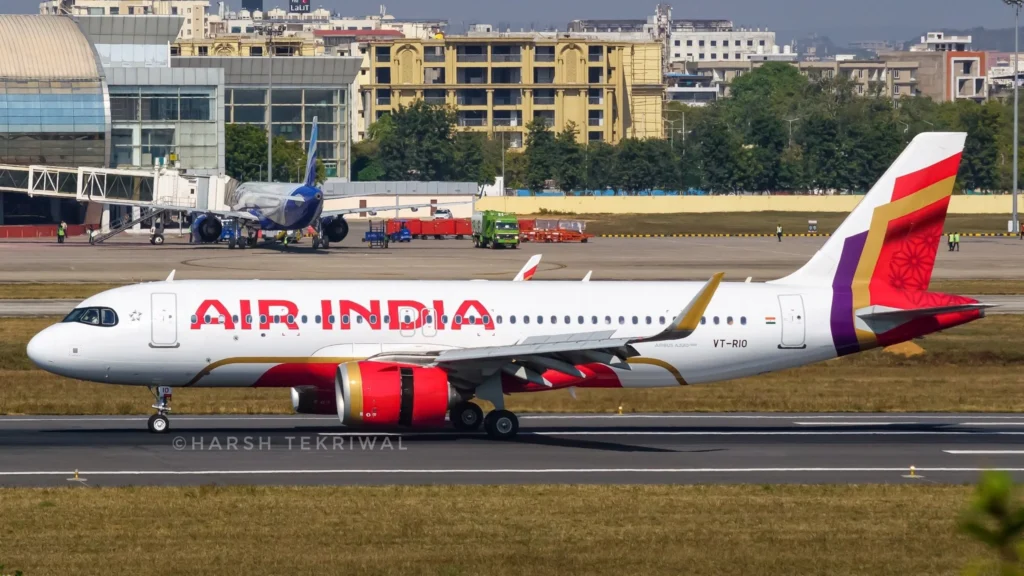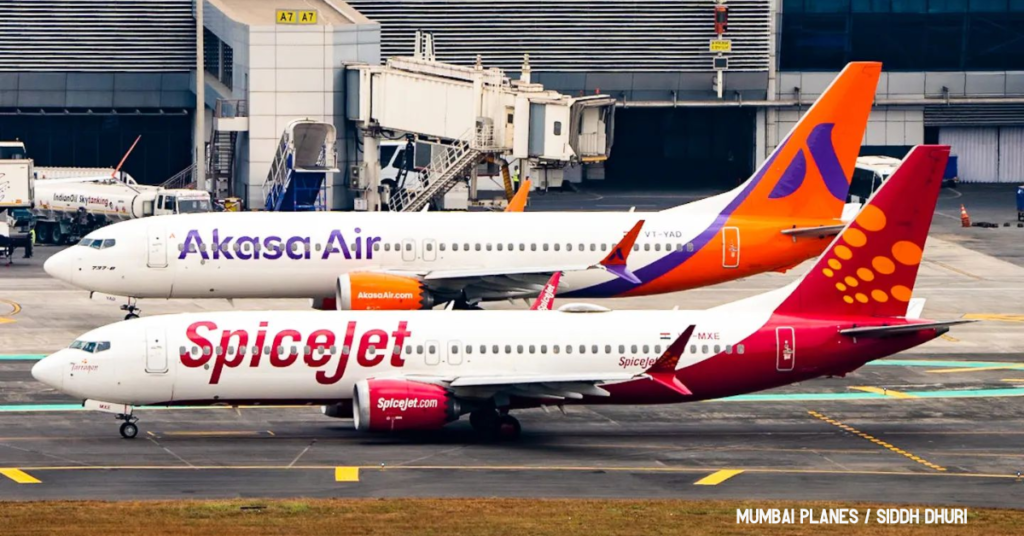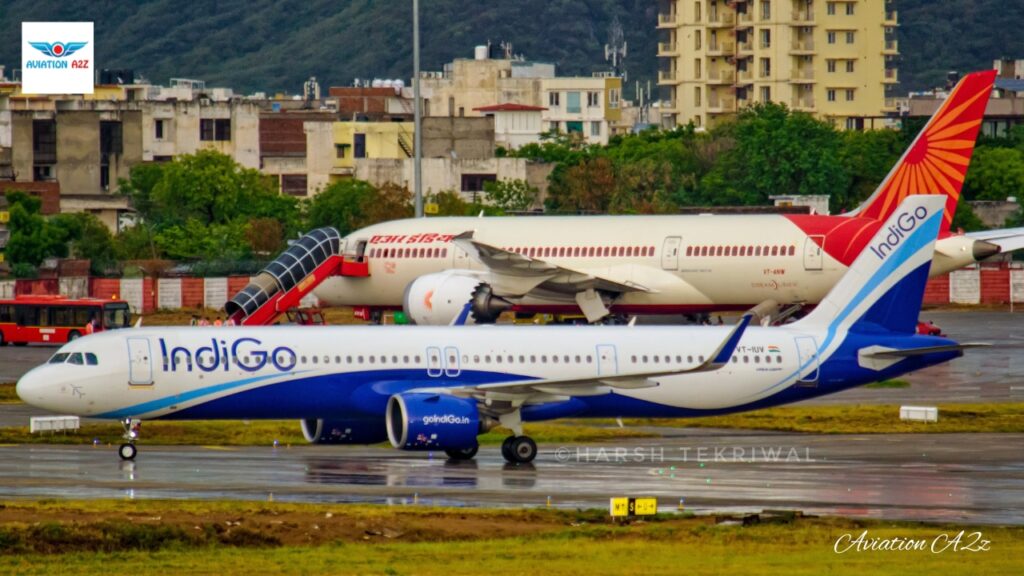GURUGRAM- Pakistan airspace closure will affect Indian airlines operating west-bound flights from northern India, including Delhi’s Indira Gandhi International Airport (DEL).
This restriction forces Indian airlines to reroute flights, resulting in extended flight times and increased fuel consumption.

Pakistan Airspace Closure Impact
Indian carriers like Air India (AI) and IndiGo (6E) will face operational challenges for flights to Central Asia, West Asia, Europe, the UK, and North America.
Industry experts anticipate rising costs that may translate to higher airfares, while foreign airlines maintaining Pakistan overflight rights could gain competitive advantages, the Indian Express reported.
The recent airspace closure mirrors a similar situation in 2019 following the Balakot airstrikes, when Indian airlines collectively lost approximately ₹700 crore due to operational complications and increased fuel expenses.
Air India was most severely affected then as the primary operator of long-haul international flights to western destinations. The airline remains India’s only carrier operating ultra-long-haul routes to Europe and North America.
Air India has acknowledged the situation, stating: “Due to the announced restriction of Pakistan airspace for all Indian airlines, it is expected that some Air India flights to or from North America, UK, Europe, and the Middle East will take alternative extended routes.”
The airline emphasized that passenger and crew safety remains their priority while expressing regret for inconveniences beyond their control.

Operational Adjustments
IndiGo, India’s largest airline, which has rapidly expanded its international network westward in recent years, has issued travel advisories to affected passengers.
The airline noted that Thursday evening flights from Delhi to Baku and Tbilisi (TBS) experienced duration increases of approximately 90 minutes, while the Delhi-Almaty (ALA) service was cancelled entirely.
Flight duration increases of 70-80 minutes are becoming common for most affected routes. These operational changes mirror the 2019 situation when Air India’s Delhi-Chicago flights required European refueling stops, and IndiGo’s Delhi-Istanbul service operated by narrow-body aircraft needed refueling in Doha (DOH).
Financial Implications
Indian carriers have not yet publicly disclosed financial impact estimates, as they are currently focused on route realignments and operational adjustments.
Industry sources indicate a clearer picture of both financial and operational consequences will emerge in the coming days.
The previous airspace closure in 2019 resulted in losses exceeding ₹550 crore by June of that year, eventually reaching approximately ₹700 crore by mid-July when Pakistan fully removed restrictions. This historical context suggests significant financial implications for the current situation.

Long-term Considerations
All major Indian carriers operating international flights to destinations west of India are affected, including Air India with routes to West Asia, Europe, the UK, and North America; IndiGo serving West Asia, Turkey, the Caucasus, and Central Asia; and Air India Express (IX), Akasa Air (QP), and SpiceJet (SG) with flights to West Asian destinations.
The airspace closure particularly impacts flights departing from northern Indian airports that previously utilized direct routes through Pakistani airspace. These flights must now detour southward through Gujarat or Maharashtra before turning westward, adding substantial distance and time to their journeys.
As the situation evolves, airlines will need to implement strategic planning for fuel management, schedule adjustments, and potentially aircraft redeployment to minimize operational disruptions while maintaining service reliability for affected routes.
Stay tuned with us. Further, follow us on social media for the latest updates.
Join us on Telegram Group for the Latest Aviation Updates. Subsequently, follow us on Google News

